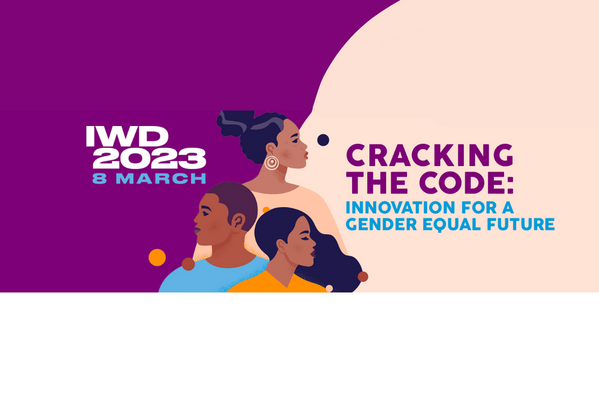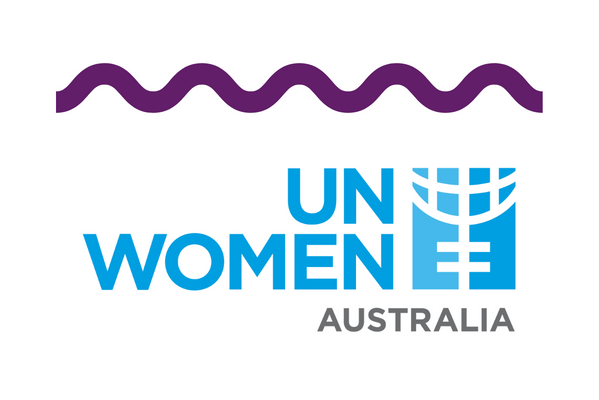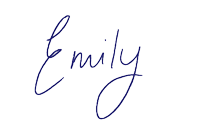 |
08 March 2023
|
| |
| |
Happy International Women’s Day!
Today is about women. In our diversities and intersections.
It is a day to mark the progress achieved to date in advancing women’s rights, while also recognising the scale of challenge ahead of us to achieve gender equality and enable the meaningful participation and empowerment of women.
Gender equality is a fundamental human right and is recognised as Goal 5 of the Sustainable Development Goals (SDGs) as well as mainstreamed through the SDG framework (i.e., there are gender dimensions to each of the targets and indicators of the SDGs).
We know gender equality is essential for a peaceful, prosperous, and sustainable world. It is an accelerator of change - the tide that lifts all ships. Empowering women supercharges economies and societies to thrive.
Gender equality was enshrined in the UN Charter over 76 years ago, and despite meaningful action, no country has achieved gender parity.
Inequality is deeply entrenched. Climate change, the pandemic, conflict, economic pressures, and mass displacement/dislocation disproportionately impacts the world’s women and girls.
At the current rate of progress, it may take close to 300 years to achieve gender equality. At the beginning of the pandemic, this figure was about 99.5 years. The pandemic has meant that progress has not only stalled, but it has rapidly fallen behind, setting us back generations. This raises the stakes on the scale of action we must all take, together, to change this and achieve the SDGs by 2030.
In 2006, Australia was ranked 15th on the gender equality index. In 2022, we are ranked 43rd whereas New Zealand ranks as high as 4th in the world. The statistics are shocking, whether it’s on the gender pay gap, the rates of intimate partner violence, the underrepresentation of women in political and economic decision-making processes and the gaps around gender responsive and inclusive policies, or the barriers to basic education and health care, or decent work opportunities.
Women’s rights are human rights and human rights are women’s rights – and this is a human rights issue. |
| |
| |

|
IWD is a chance to talk about the issues and these barriers, and about discrimination and violence. It is also a time to reflect on the power when women and girls organise and create movements to accelerate change.
The theme of IWD this year is ‘Cracking the Code: Innovation for a Gender Equal Future’. It aligns to the global theme of the United Nations Commission on the Status of Women. The theme has a boldness in its ambition. Innovation is essential to drive change, close the digital divide, and reduce barriers to equality.
In today’s digital world with the Internet of Everything, digital rights are critical. This encompasses access and inclusion, as well as recognising how gender inequalities and gender discrimination have been adopted and adapted online. Technology offers so much hope, but it is reflective of the norms in society, and there are so many risks if we do not approach the digital world with the same critical lens and gender literacy we endeavour to apply in our offline spaces.
Globally, there are around 250 million fewer women online than men, while 327 million fewer women than men have a smartphone and can access mobile internet.
Yet there is hope. Technology and social media have shown us ways to light positive fires of change. Advocacy and activism. Writing and righting. Telling stories to inspire change, enable connection and weave community. There is power in language, in storytelling, and this year’s IWD theme invites us to reflect on all these complexities and opportunities to leverage digital technologies and digital media to amplify voices and accelerate the pace of change.
There are also so many opportunities to harness women and girls in science, technology, mathematics and engineering, and expand accessible education to combat discrimination and crack the code to gender equality. |
| |
|

|
| |
UN Women is the United Nations agency dedicated to achieving gender equality and the empowerment of women, and along with its partners works in more than 102 countries to reach the world’s women and girls, including those most at risk.
UN Women delivers programs and transforms policy to improve the lives of women and girls, and its priority areas include: |
| |
|
• Women’s leadership and political participation
• Ending poverty through enhancing women’s economic empowerment
• Ending violence against women and girls
• Putting women at the centre of crisis and disaster response, and peace-making
|
| |
These priority areas are fundamental to women’s equality.
UN Women Australia is a registered charity. It exists to raise funds and awareness of the work of UN Women across the Pacific region and around the world. It is 1 of 13 National Committees across the global recognised by UN Women to advance the agenda in Australia.
Girl Guides has long standing relationships in both local and global contexts with UN Women and UN Women Australia. This included WAGGGS and UN Women partnering to deliver the global advocacy programme Voices Against Violence as part of the WAGGGS Stop the Violence campaign. Follow the link to learn more about the WAGGGS and UN Women global partnership.
Girl Guide groups can use the IWD for Schools toolkit – it is filled with ideas, stories and activities to help girls and young women to learn more, speak out and take action on this year’s IWD theme!
International Women’s Day is filled with meaning. My hope for the day is that it might strengthen the commitment to advancing the rights of women and girls and embolden many of us to think more widely about digital technologies, media and digital rights, and tell our stories to inspire change and take action to create an equal world where all women and girls can thrive.
|
| |
| |
|
|
Yours in Guiding,

Emily Milton Smith (She/her)
State Commissioner
Girl Guides NSW, ACT & NT |
|
| Girl Guides NSW, ACT & NT acknowledges the Aboriginal and Torres Strait Islander peoples as the Traditional Custodians and Owners of the lands on which our office, Guide Halls and properties are located and where we deliver and promote Guiding. We pay our respects to ancestors and Elders, past and present. Girl Guides NSW, ACT & NT celebrates the diversity of Aboriginal and Torres Strait Islander peoples’ and their unique and ongoing cultural and spiritual connections to the land, waters and seas of NSW, ACT & NT. |
|
|
|
|
|
|
|
|
|